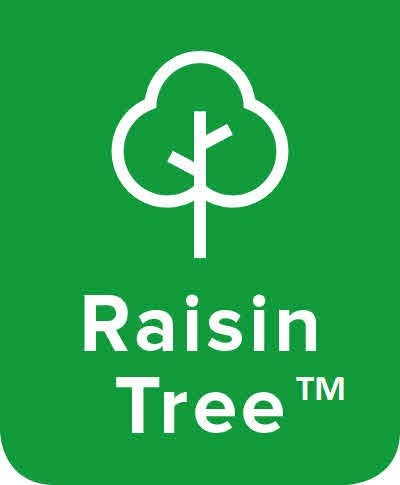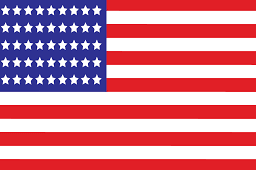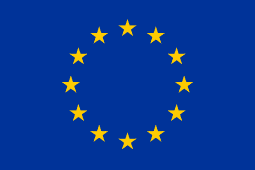New research could help protect liver from alcohol abuse - USC School of Pharmacy

The findings have important implications for helping prevent liver damage and harm from alcohol abuse.
Binge drinkers could use dihydromyricetin (DHM) for its liver protection properties, extending the function of the organ long enough for the person to get help and stop their bad drinking habit. “We may not be able to fix their problem overnight, but we can give them step-by-step improvements to help them drink less and gain health protection,” Davies said.
Binge drinking is a serious problem for young adults, especially college students. About 37% of students engage in binge drinking — five or more drinks on a single occasion for men or four or more drinks for women — and about 10% engage in heavy alcohol use — binge drinking on 5 or more days in the past month. Those rates are much higher than among non-college peers, according to a recent survey by the National Institutes of Health. Excessive alcohol consumption significantly contributes to higher rates of alcohol-related liver disease at a younger age.
Excessive drinking has high social and economic costs, leading to heart disease, high blood pressure, unplanned pregnancies, violence and vehicle crashes. The CDC estimates the total economic cost at $249 billion annually.
DHM could potentially help patients who go to the doctor with early warning signs of liver damage. The substance could be used to help restore and prolong their liver function and delay the onset of liver disease while waiting for a transplant. DHM could also prove useful for liver transplant patients to help the new organ perform better so patients could enjoy a better quality of life.
The study authors are Joshua Silva, Xin Yu, Renita Moradian, Carson Folk, Maximilian H. Spatz, Phoebe Kim, Adil A. Bhatti, Daryl L. Davies and Jing Liang of the USC School of Pharmacy.
The work was supported by funding and grants from the National Institutes of Health — National Institute on Alcohol Abuse and Alcoholism (R01AA022448), USC Good Neighbors Campaign, USC School of Pharmacy, American Foundation for Pharmaceutical Education and More Labs.






